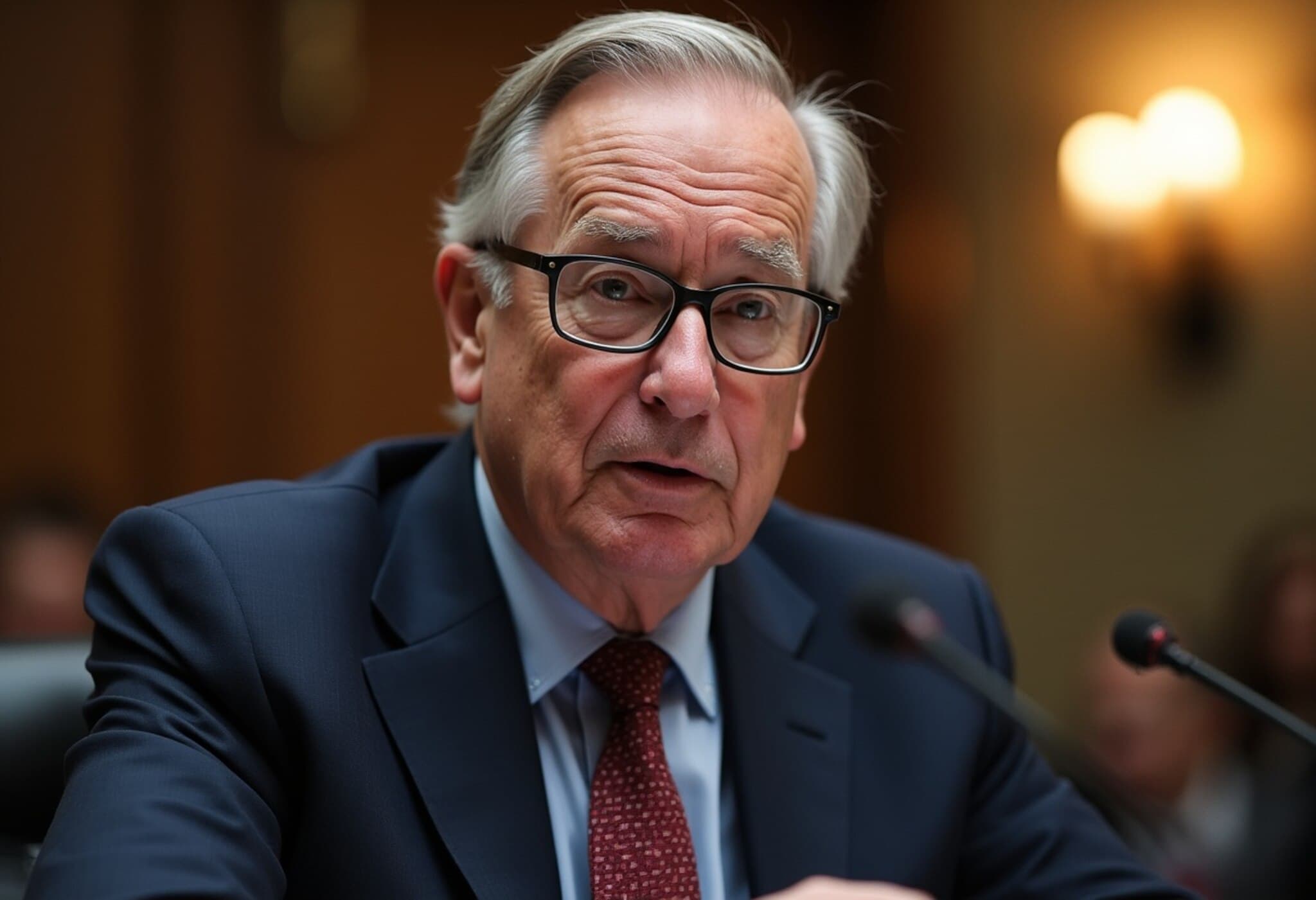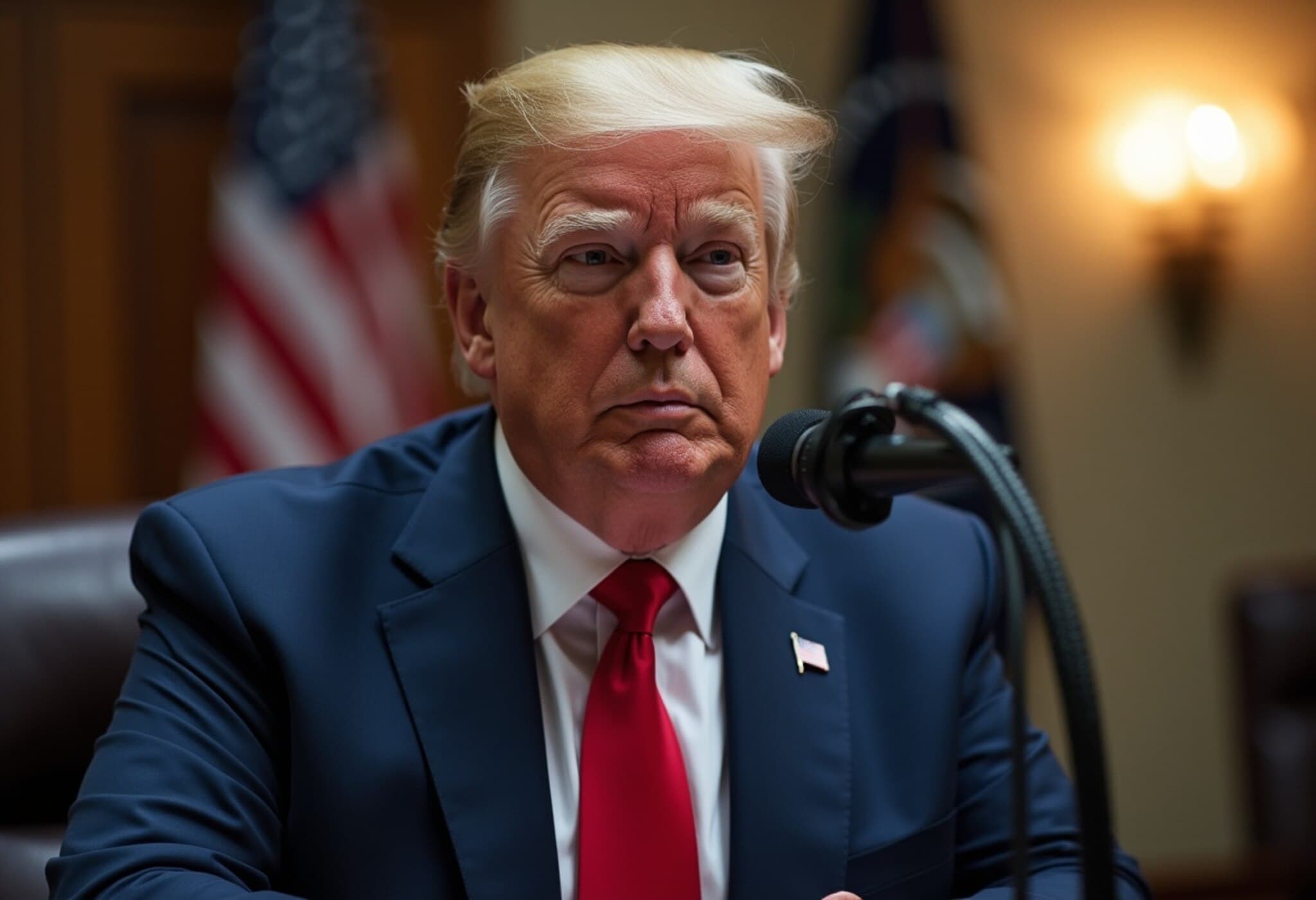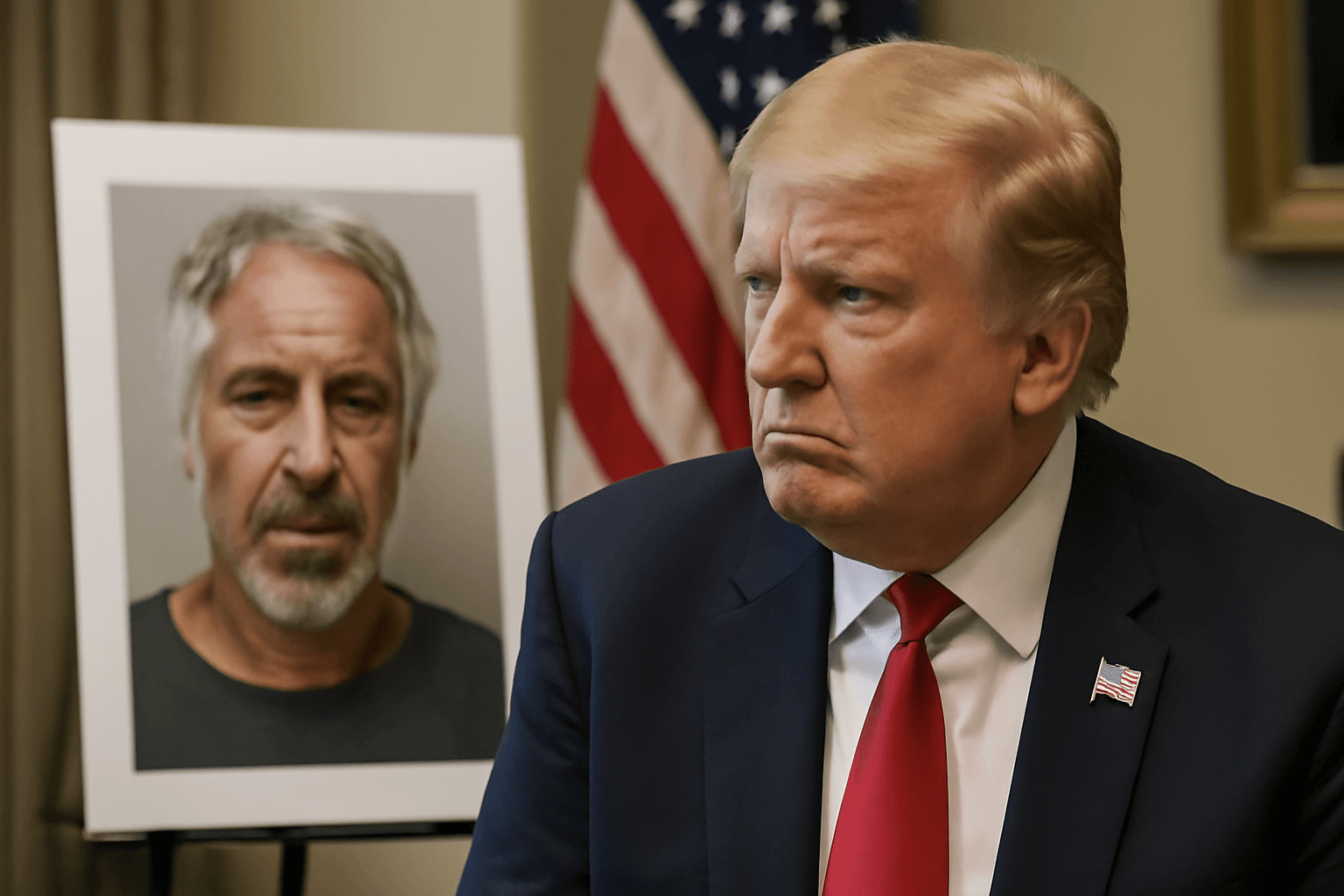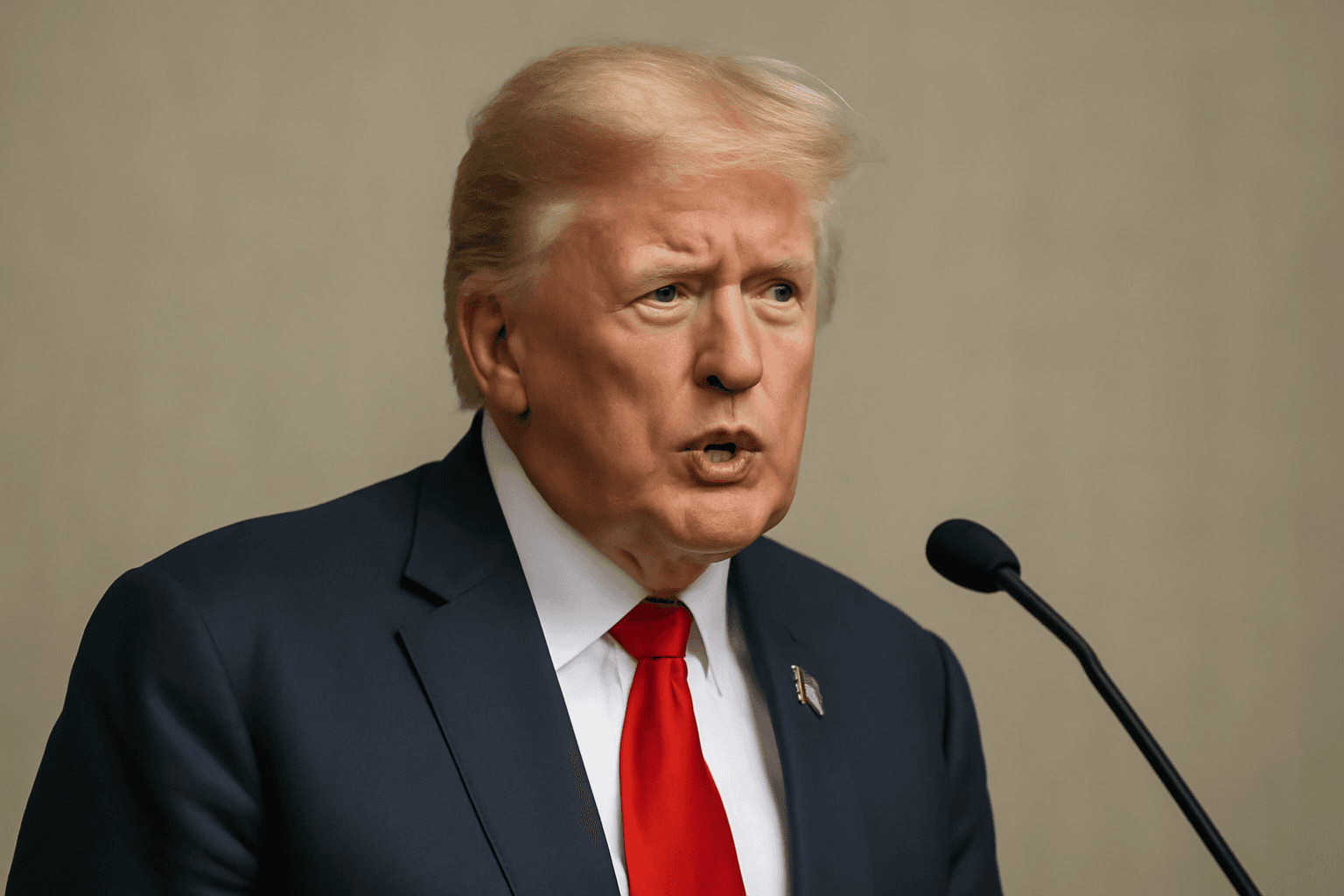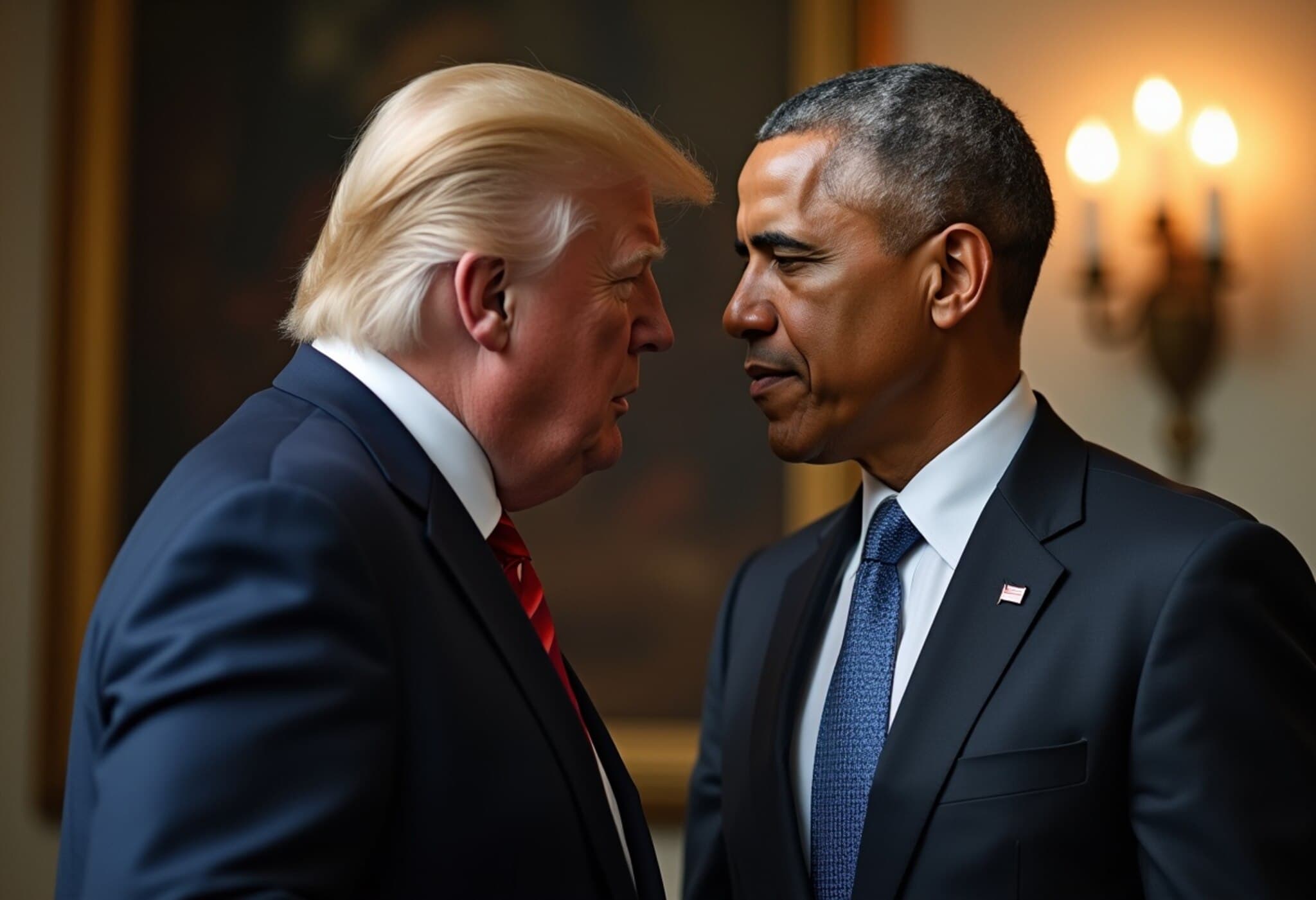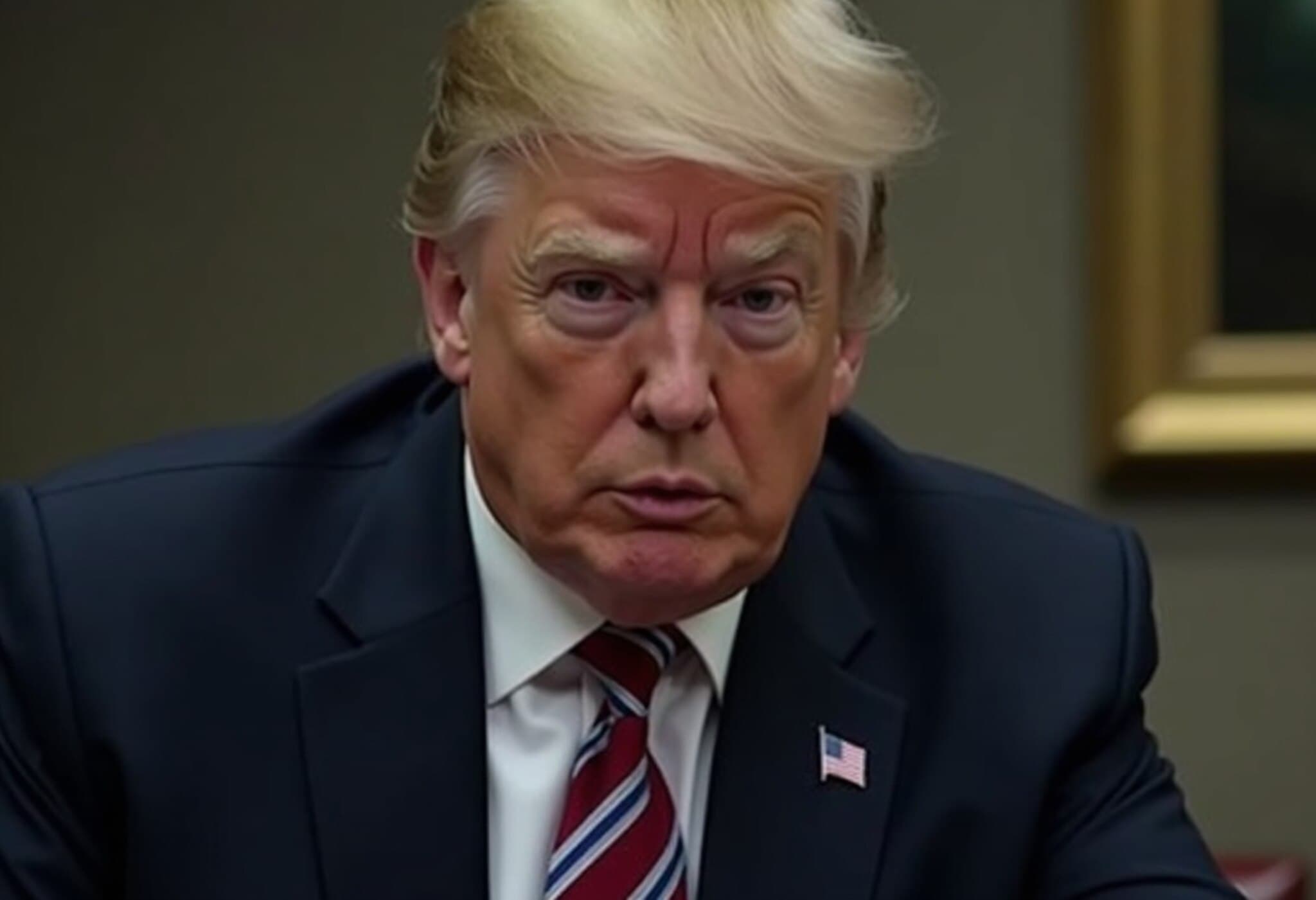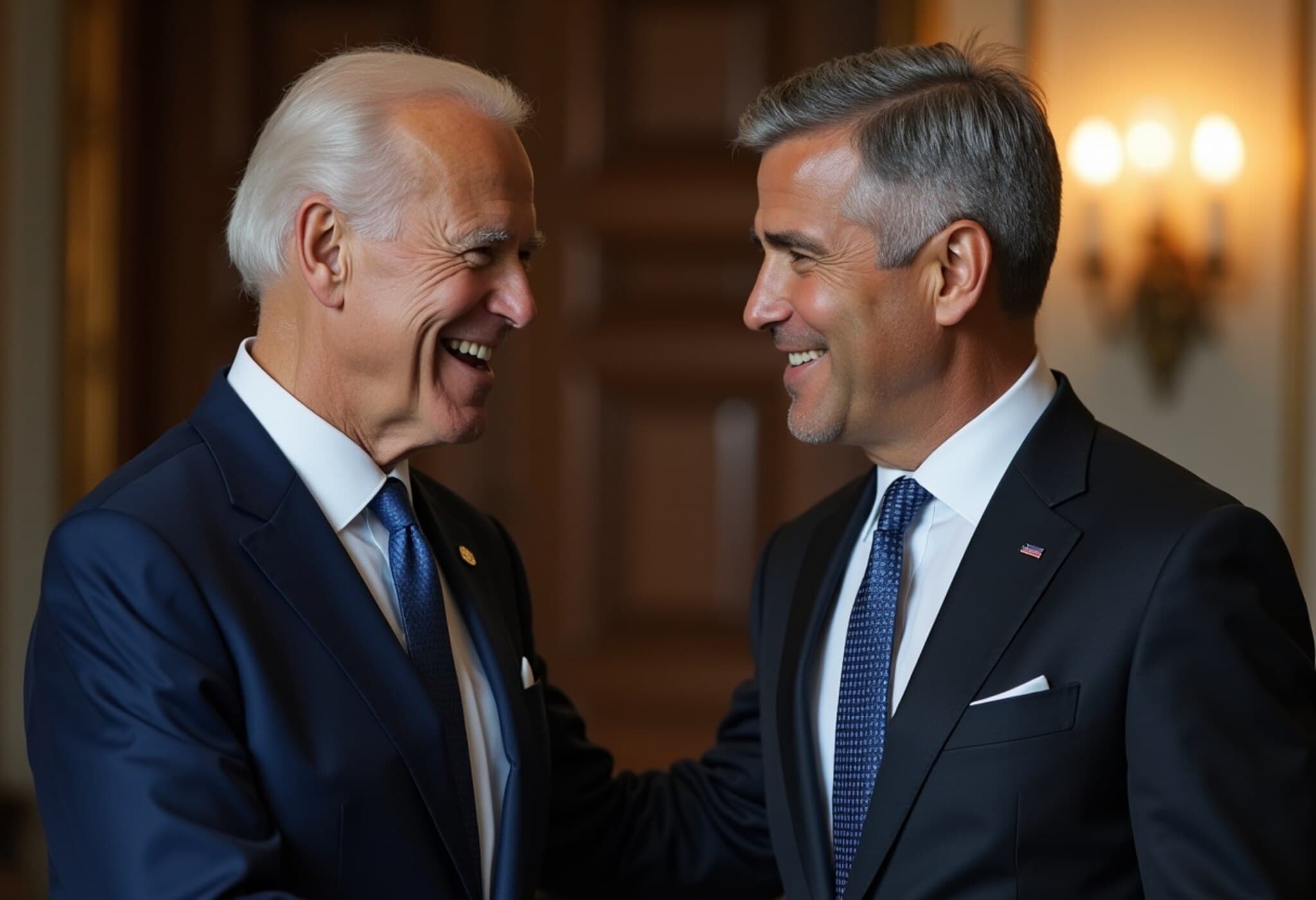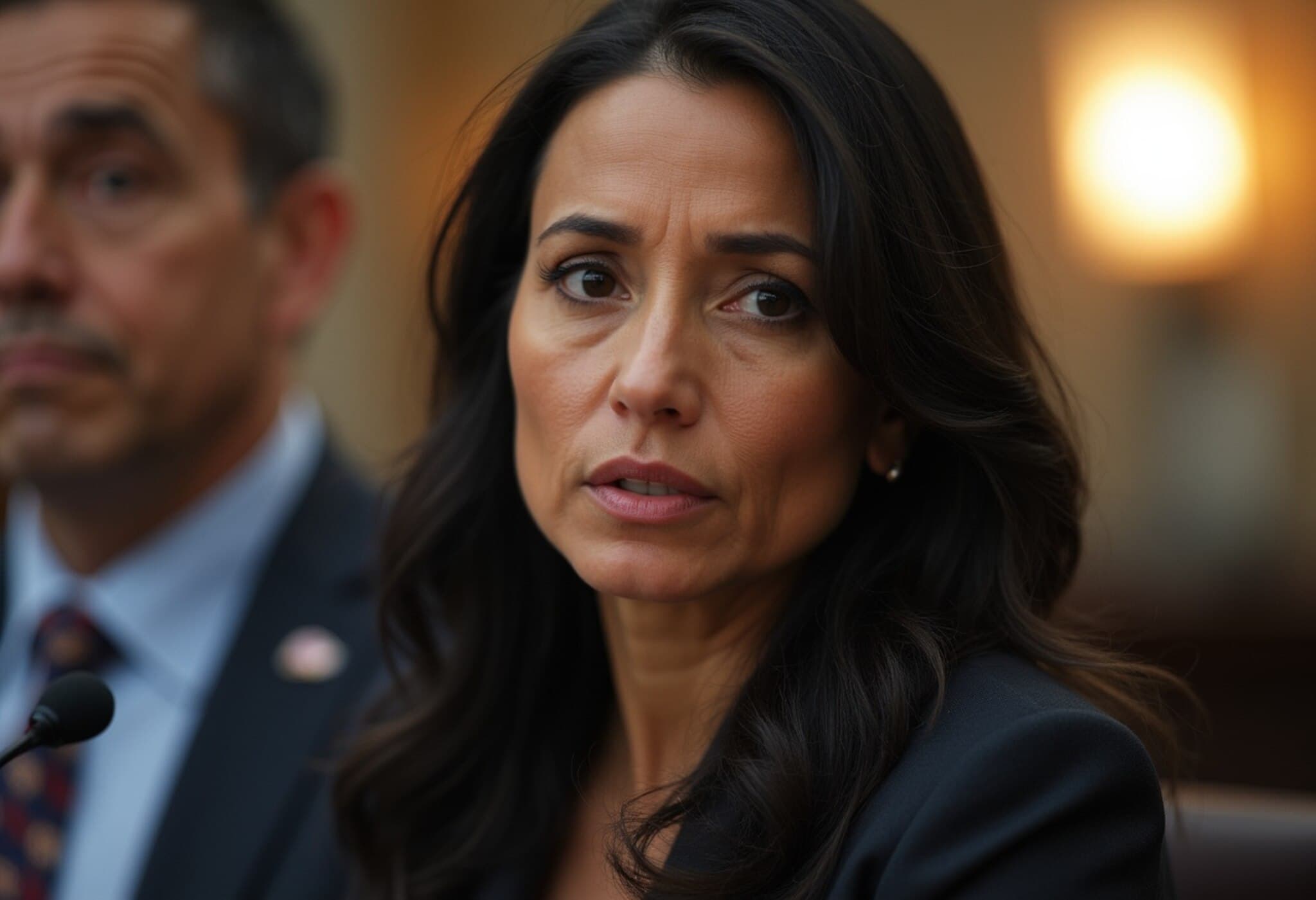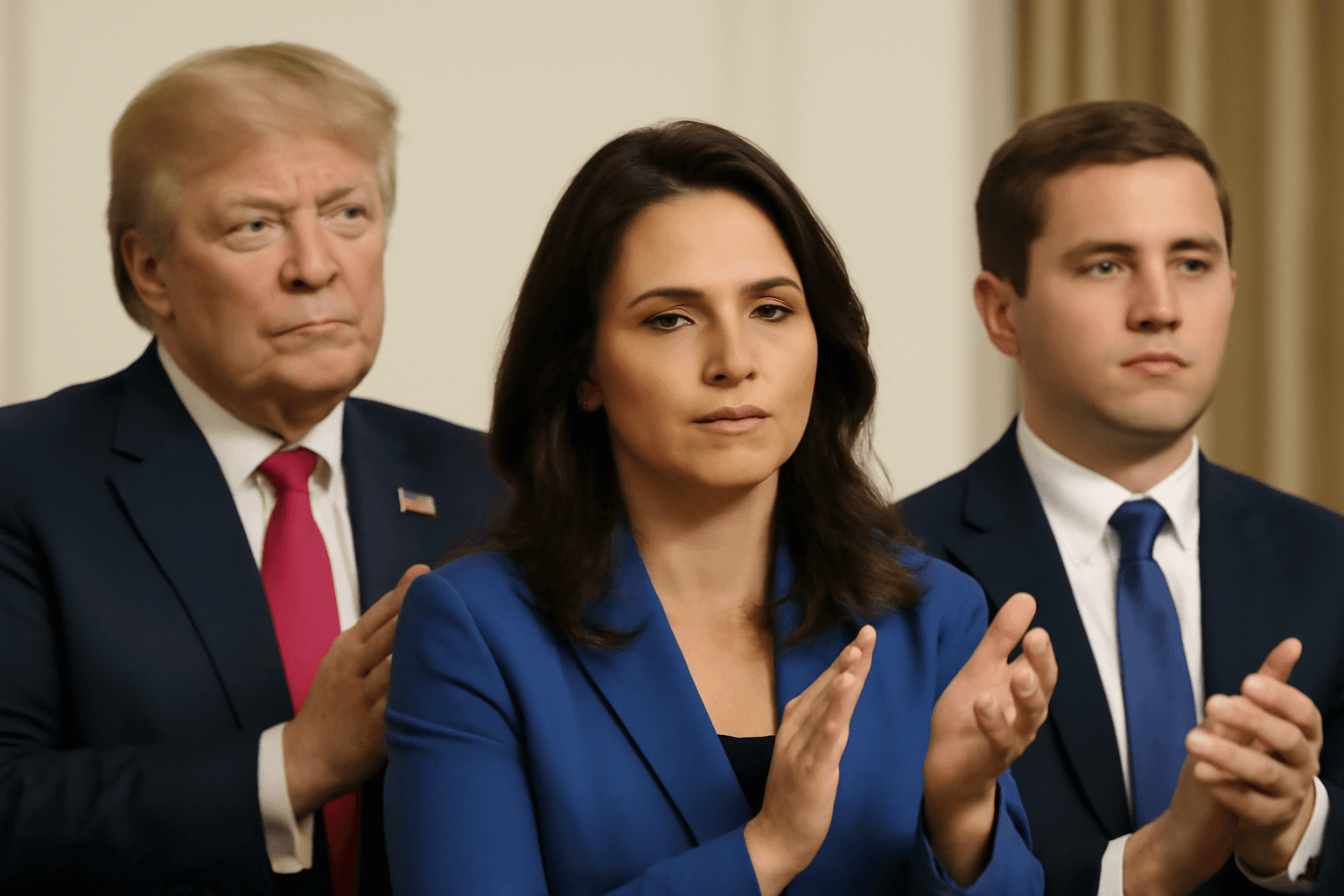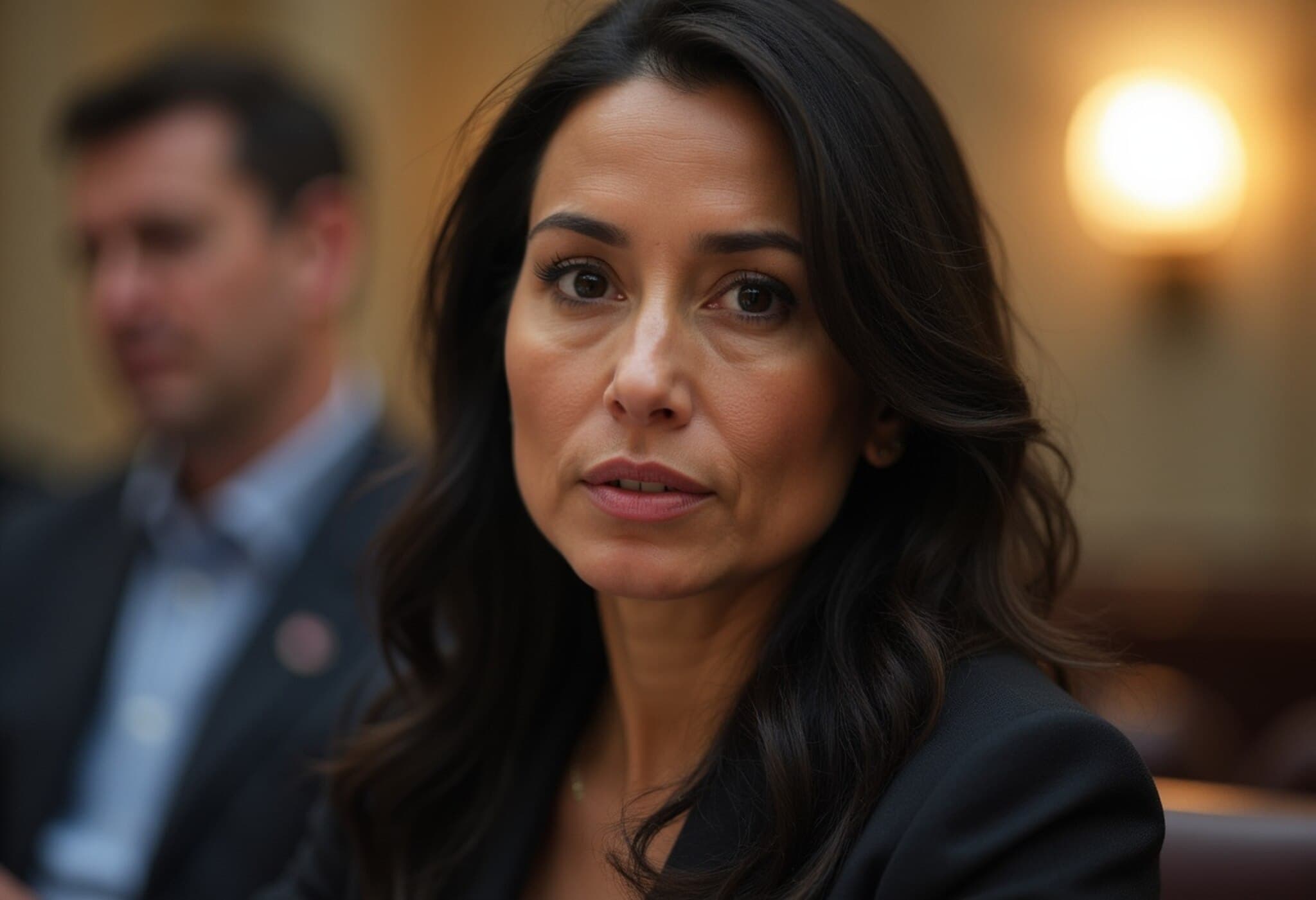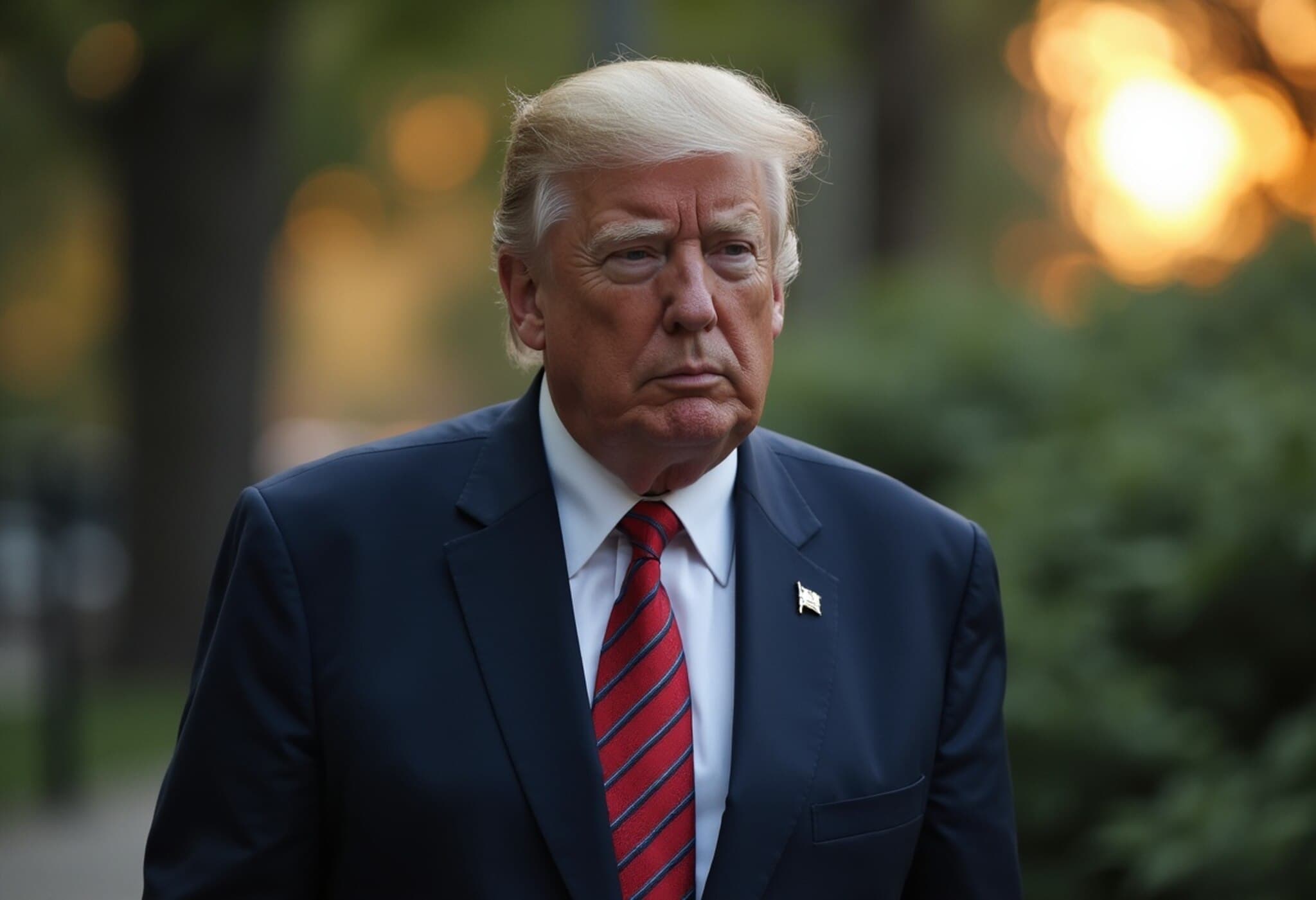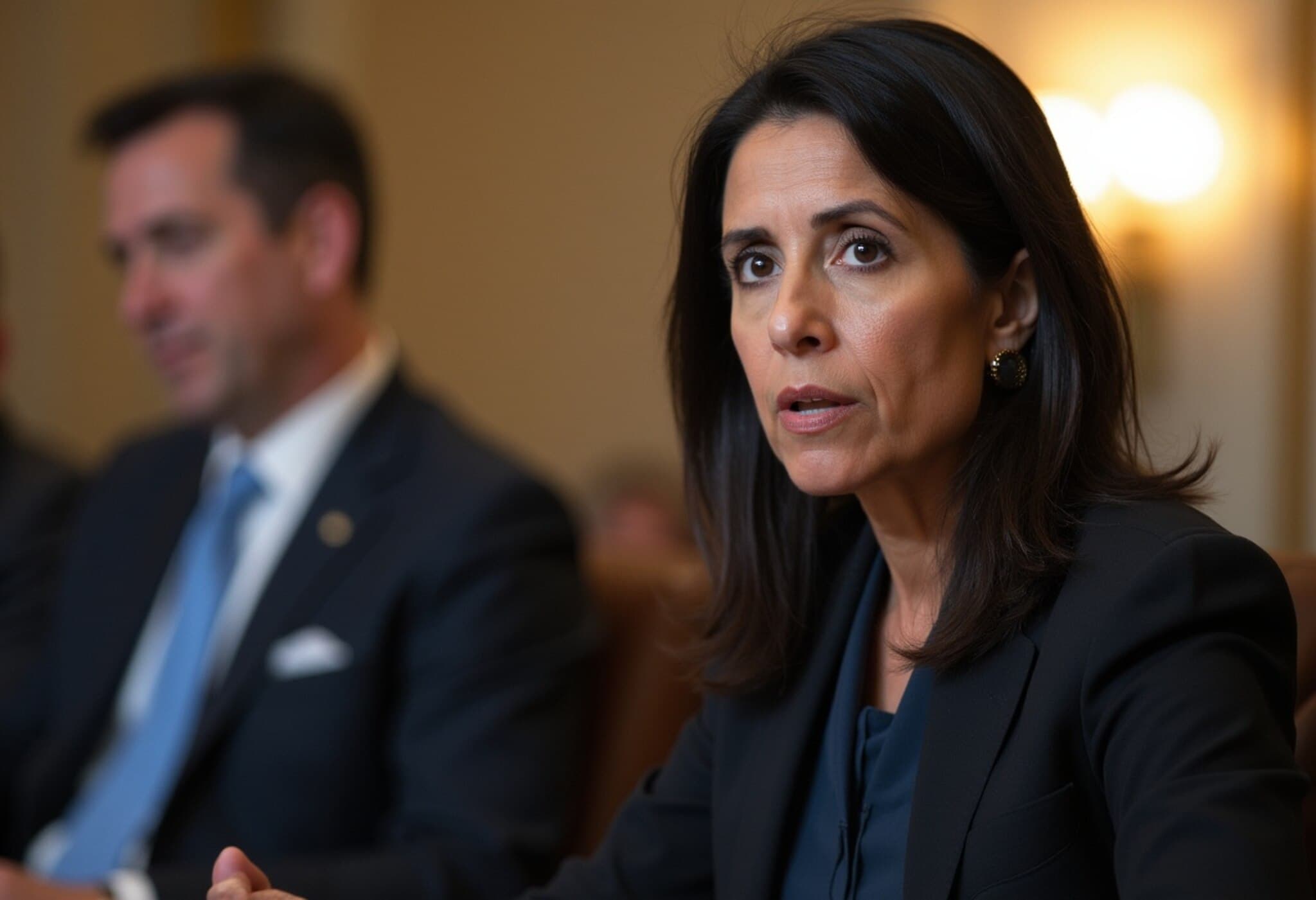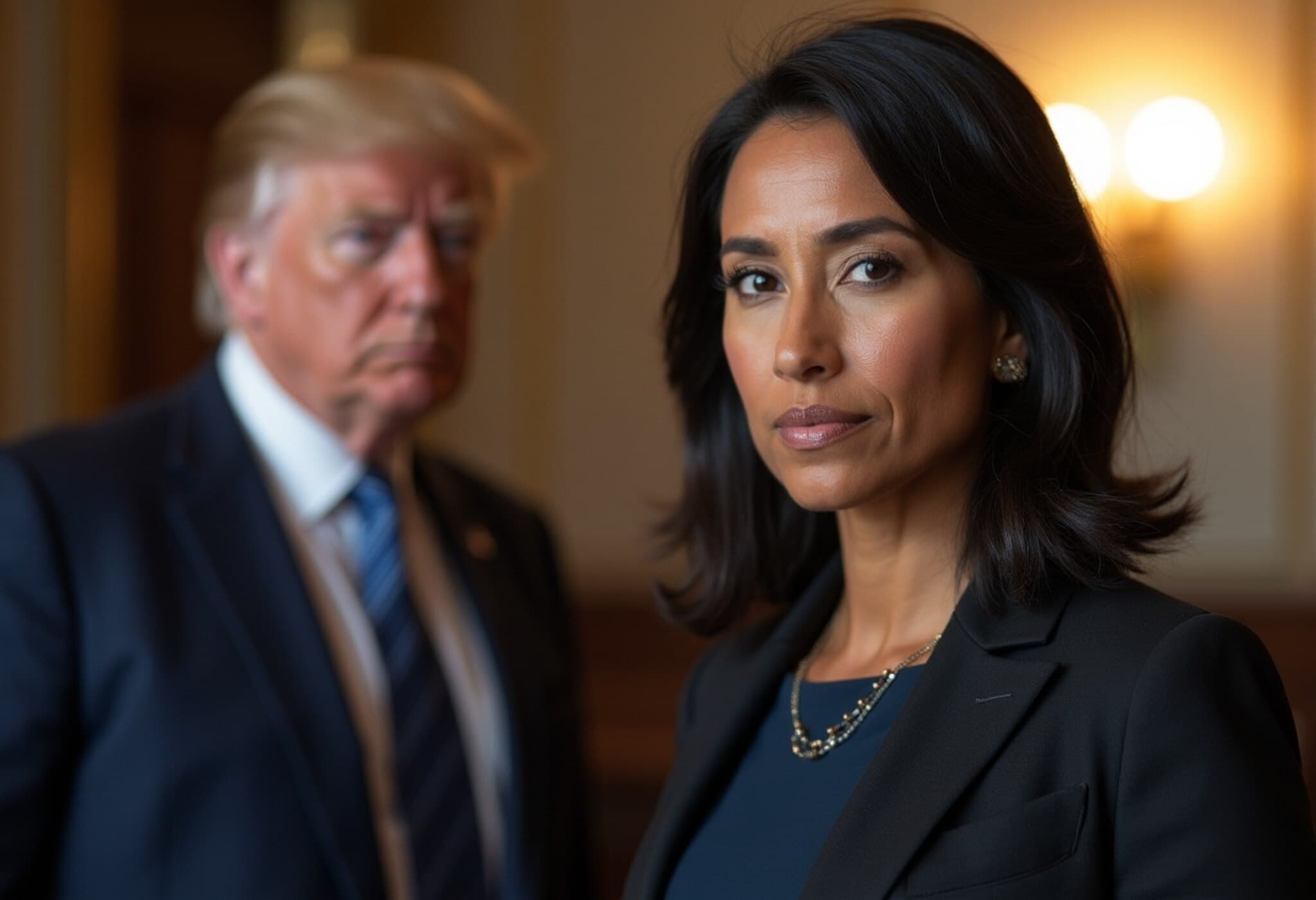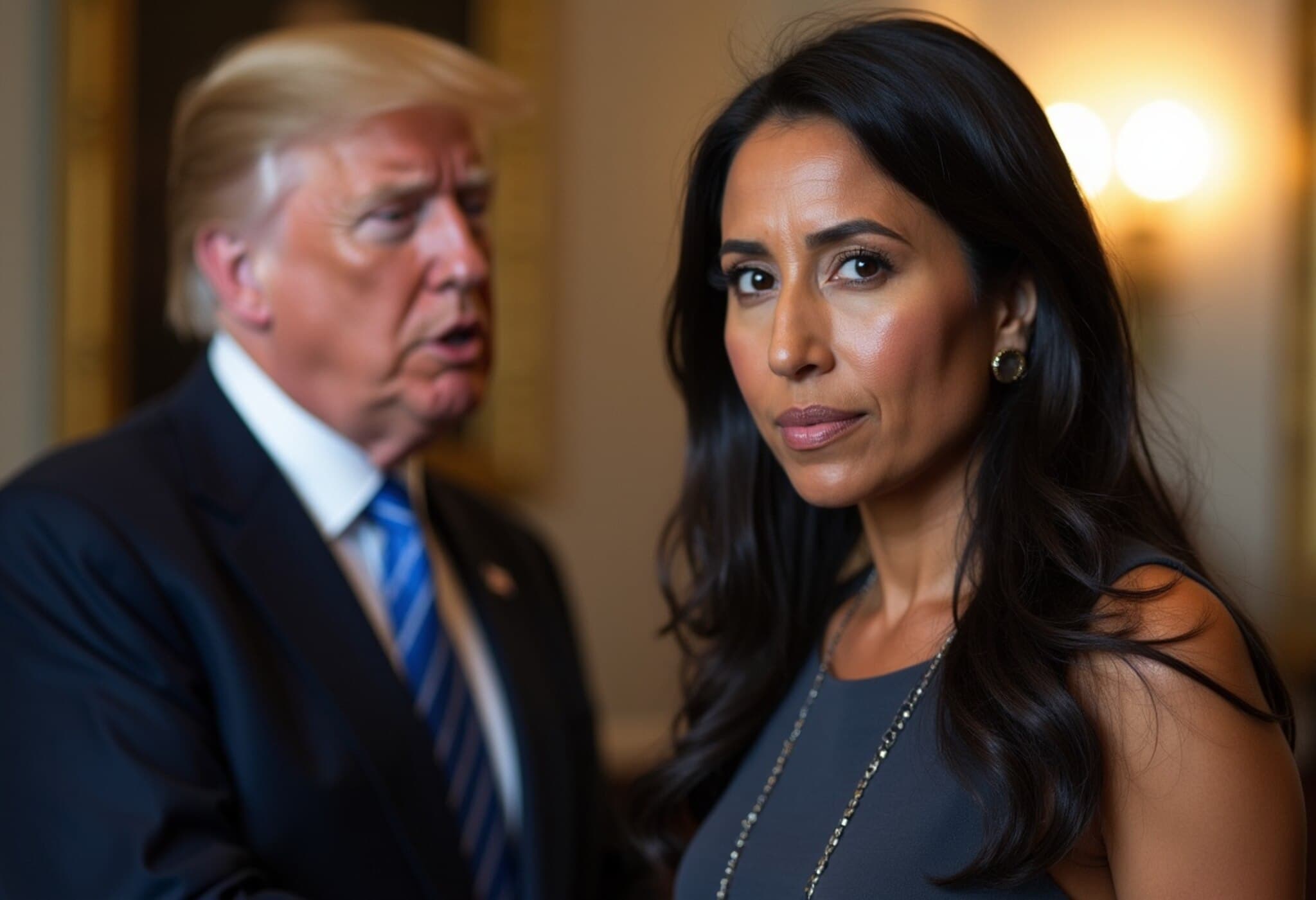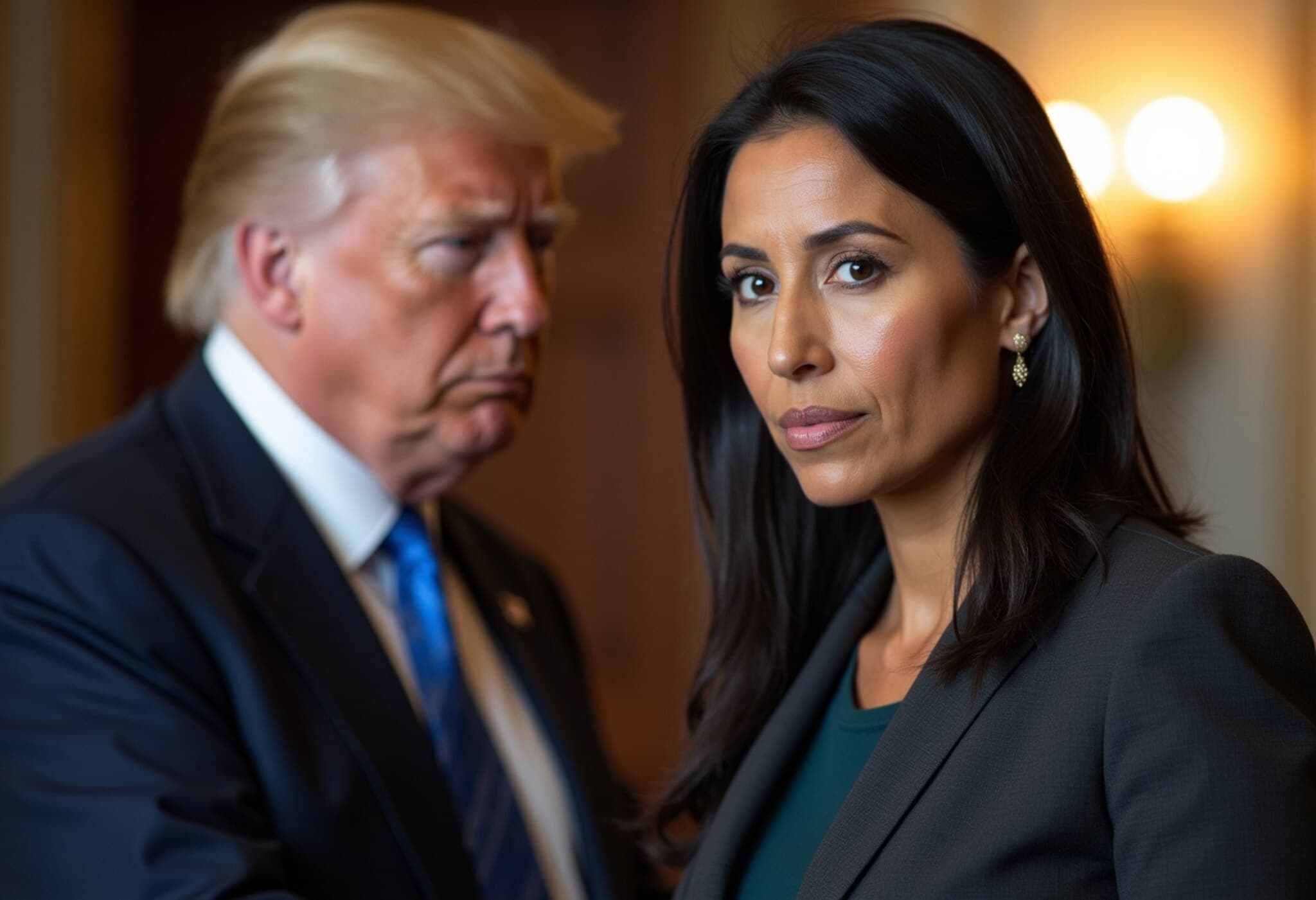John Bolton Challenges Tulsi Gabbard’s Claims of ‘Treasonous Conspiracy’ Against Obama
In a heated political clash that has reignited debates over the 2016 U.S. election interference investigations, former National Security Adviser John Bolton has publicly denounced Tulsi Gabbard’s explosive report accusing former President Barack Obama and his team of orchestrating a “treasonous conspiracy” to undermine Donald Trump’s presidency.
Background: The Controversial Report
Tulsi Gabbard, serving as the Director of National Intelligence, recently declassified a report alleging that the Obama administration engaged in a covert and concerted effort to sabotage Trump’s election victory. The report implies that top officials during Obama's tenure politicized intelligence to leak misinformation, thereby attempting to enact a prolonged "coup" against the sitting president.
Gabbard’s assertions largely stem from Republican-led investigations in the House of Representatives, contending that intelligence was manipulated to cast doubt on the legitimacy of Trump’s win and sully his administration's image. According to a White House statement accompanying the report, the goal was to subvert the democratic will of the American people by efforts aimed at usurping the president’s mandate.
Bolton’s Firm Rebuke
John Bolton, known for his critical stance toward Trump’s inner circle despite having served in the administration, slammed Gabbard’s findings as profoundly exaggerated and lacking factual basis. Speaking exclusively to News Nation, Bolton said:
“She’s strung together a series of things that aren’t necessarily related, exaggerated congressional reports, and imagined evidence that simply does not exist. The entire narrative collapses when scrutinized closely.”
Bolton further suggested that Gabbard’s report may be motivated more by personal political preservation than sound intelligence. Notably, speculation had been circulating that Trump’s confidence in Gabbard was waning prior to her report’s release.
Context: The Battle Over 2016 Election Narratives
The 2016 U.S. presidential election has remained a contentious topic, particularly regarding Russian interference claims. Multiple intelligence agencies concluded that Russia attempted to influence the election in Trump’s favor. Gabbard’s report directly challenges this consensus, aligning instead with Republican critiques of the intelligence community’s impartiality during the Obama years.
Democrats swiftly pushed back against Gabbard’s allegations. Representatives from former President Obama’s office dismissed the claims as “ridiculous and a weak attempt at distraction,” especially given the timing amid Trump’s legal and political challenges, including related controversies involving Jeffrey Epstein.
Political and Legal Implications
- Justice Department Investigation? Bolton explicitly stated there is no substance warranting a criminal probe based on Gabbard’s report.
- Media and Public Reaction: The report has sparked intense debate, fueling partisan divides over the integrity of U.S. intelligence practices and political maneuvering.
- Broader Consequences: The narrative reopens questions about intelligence politicization and the resilience of democratic institutions faced with internal conflict.
Expert Insight: The Stakes for U.S. Democracy
As an analyst of U.S. policy and intelligence history, it is clear this confrontation symbolizes deeper struggles within American governance — tensions between factual intelligence, partisan interpretation, and the weaponization of information. The sharp disagreement between Bolton and Gabbard underscores the urgent need for transparency and trust in how intelligence is handled, especially in the digital era where misinformation spreads rapidly.
Moreover, the timing suggests strategic political maneuvering, where disclosures may serve dual purposes: shaping public opinion and navigating internal power plays within the administration.
Editor’s Note
This clash between Bolton and Gabbard illustrates the fraught relationship between intelligence agencies and political actors. While allegations of politicization merit scrutiny, it is critical for both media and the public to approach such reports with measured skepticism, demanding corroboration over partisan rhetoric. As the 2016 election investigation saga continues to unfold, we must ask: How can the U.S. safeguard its democratic processes against both foreign interference and internal manipulation? The answers may shape not only current politics but the future stability of American democracy.

